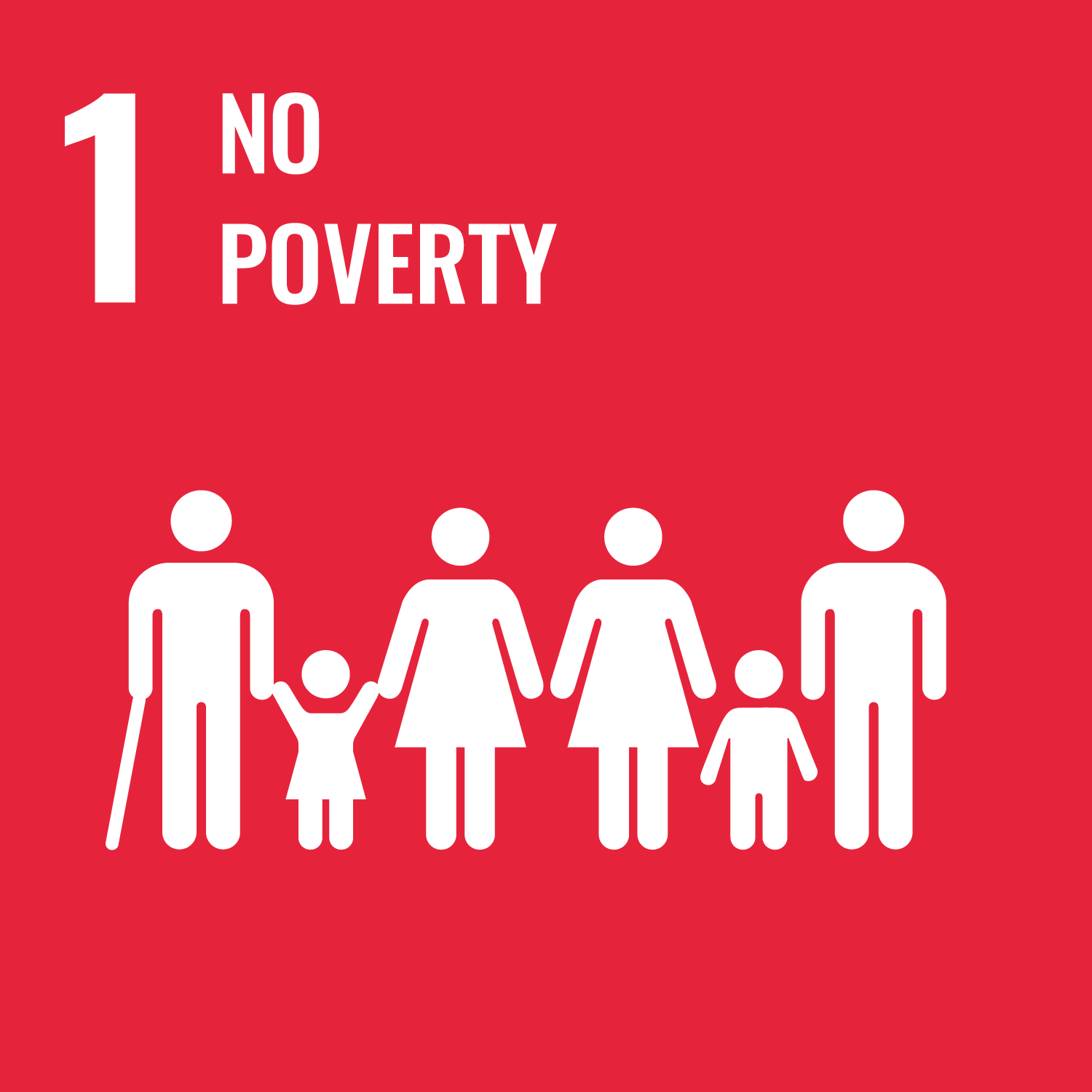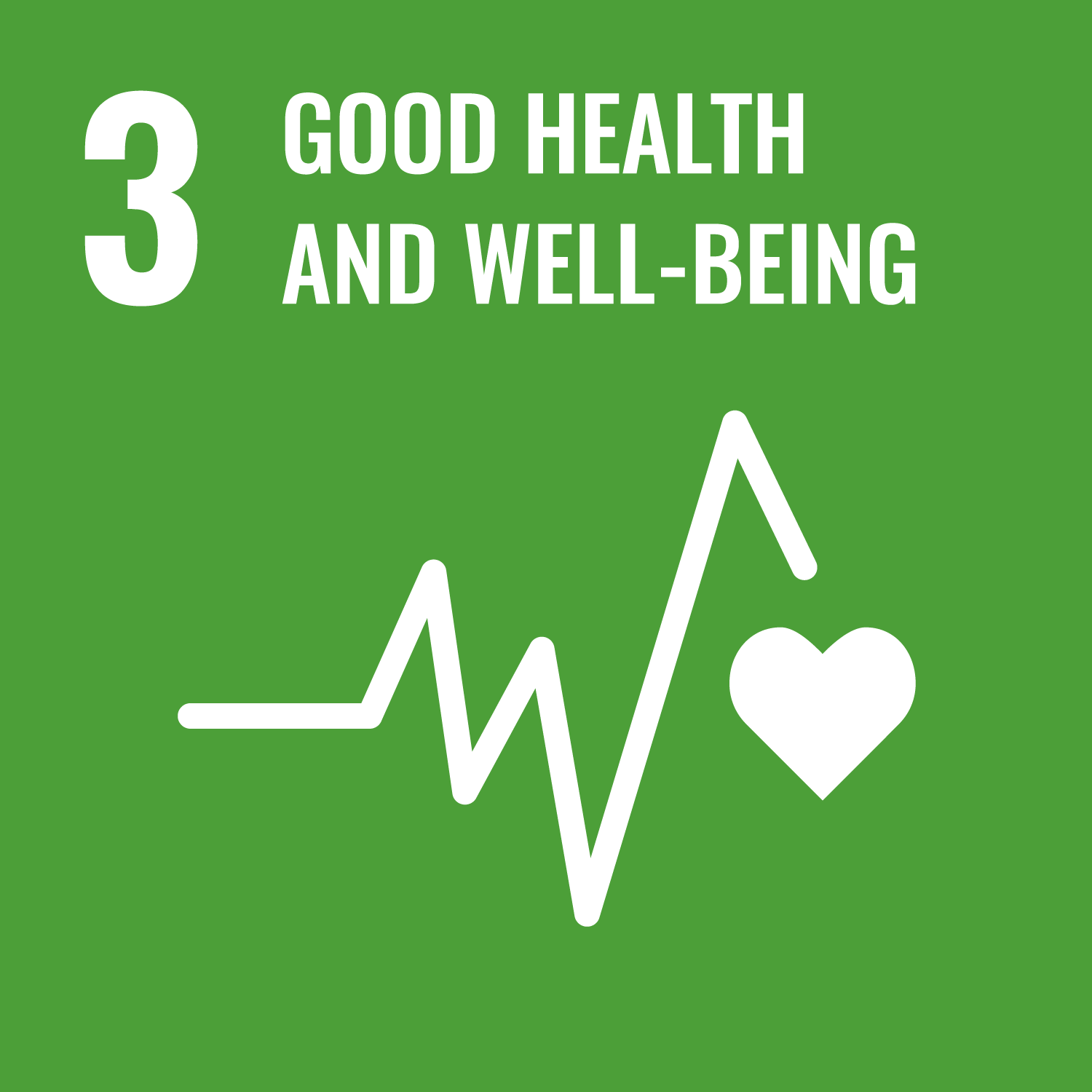Cameroon Cataract Bond
Aligned SDGs


- Cameroon Cataract Bond
- General overview
- Location
- Involved organisations
- Outcome metrics
- SyROCCo reports
- Other resources
- Spreadsheet of data
- Cameroon Cataract Bond
- General overview
- Location
- Involved organisations
- Outcome metrics
- SyROCCo reports
- Other resources
- Spreadsheet of data
General overview
Stage of development: Implementation
Policy sector: Health
Start date of service provision: Mar 2018
Capital raised (minimum): USD 2m
Service users: 18k+ individuals
Intervention
The Cameroon Cataract Bond is a pay-for-performance loan designed to provide funding to build a hospital to prevent blindness through the provision of cataract surgeries, with the ultimate goal of making the hospital self-sufficient after five years.
In order to help prevent avoidable blindness in Cameroon, the hospital has adopted the Aravind model of cross-subsidisation pricing, high service volume, and revenue diversification strategies to provide quality cataract treatment services to the poor at low or no cost in Cameroon. In order to operationalise the cross-subsidisation pricing model, the hospital has two target groups: low-income patients and middle-income patients.
Target population
In order to operationalise the cross-subsidisation pricing model, MICEI has two target groups: low-income patients and middle-income patients. The funds generated will enable MICEI to provide cataract surgery for free or at a subsidised price for patients that are unable to pay for transport to the hospital and for the treatment itself. At least 40% of surgeries provided to individuals belonging to the bottom two wealth quintiles of the population in Cameroon by the end of year 5.
Location
Country
- Cameroon
Service delivery locations
- Cameroon (Nationwide)
Involved organisations
Outcome metrics
- Number of cataract surgeries. Record of number of cataract surgeries provided.
- Quality of the surgeries. At least 50% of surgeries achieve a ‘good’ outcome according to WHO guidelines for visual acuity of cataracts patients post-surgery.
- Financial sustainability. Assessed only in year 5 using the normalized EBITDA ratio.
- Performance bonus: Equity target. At least 40% of surgeries provided to individuals belonging to the bottom two wealth quintiles of the population in Cameroon by the end of year 5.
Powered by SyROCCo SyROCCo reports
The following articles are taken from the Systematic Review of Outcomes Contracts Collaboration (SyROCCo) Machine Learning tool.
The tool is a collaboration between the Government Outcomes Lab and machine learning experts from the University of Warwick, that allows you to navigate and explore data extracted from nearly 2000 academic and grey literature publications related to outcomes-based contracting.
Other resources
Spreadsheet of data
Important Notice and Disclaimer on INDIGO Data
INDIGO data are shared for research and policy analysis purposes. INDIGO data can be used to support a range of insights, for example, to understand the social outcomes that projects aim to improve, the network of organisations across projects, trends, scales, timelines and summary information. The collaborative system by which we collect, process, and share data is designed to advance data-sharing norms, harmonise data definitions and improve data use. These data are NOT shared for auditing, investment, or legal purposes. Please independently verify any data that you might use in decision making. We provide no guarantees or assurances as to the quality of these data. Data may be inaccurate, incomplete, inconsistent, and/or not current for various reasons: INDIGO is a collaborative and iterative initiative that mostly relies on projects all over the world volunteering to share their data. We have a system for processing information and try to attribute data to named sources, but we do not audit, cross-check, or verify all information provided to us. It takes time and resources to share data, which may not have been included in a project’s budget. Many of the projects are ongoing and timely updates may not be available. Different people may have different interpretations of data items and definitions. Even when data are high quality, interpretation or generalisation to different contexts may not be possible and/or requires additional information and/or expertise. Help us improve our data quality: email us at indigo@bsg.ox.ac.uk if you have data on new projects, changes or performance updates on current projects, clarifications or corrections on our data, and/or confidentiality or sensitivity notices. Please also give input via the INDIGO Data Definitions Improvement Tool and INDIGO Feedback Questionnaire.